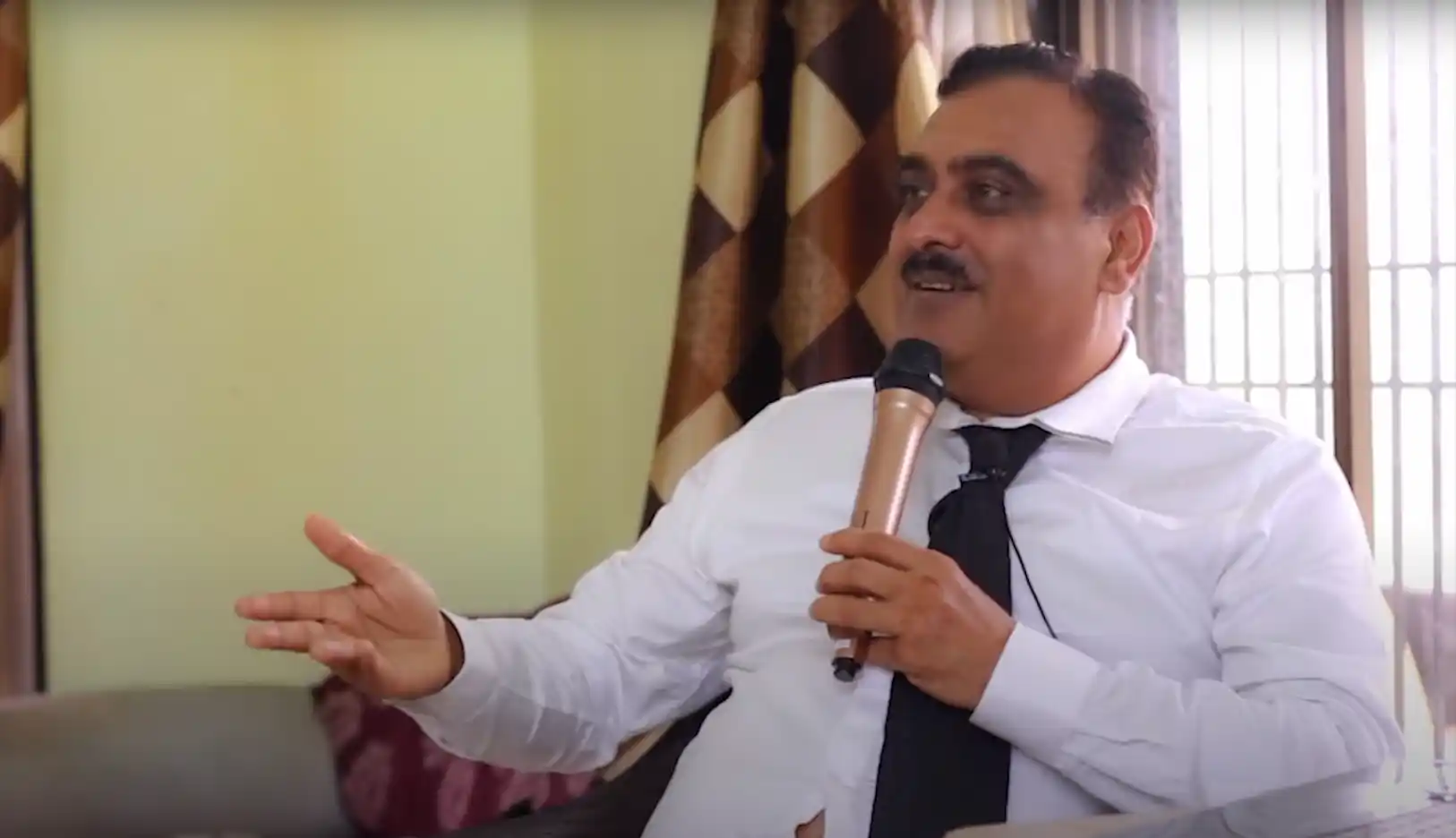Get Consultation regarding your Disease with our Expert, Sign Up now



A program that will help you if…
Above the age of 65 years people have there is a 10% chance to have this disease. And over the age of 80 years of people have 50% chance to contract this disease. It is mental illness, and we provide a doctoral degree to this type of patient because they have done PhD in negativity like think upside down, doubt, judge, not getting the point of view, helpless feeling, stress, tension, negative thinking in everything and all this reason through this disease comes. Usually, this is the beginning of the age of 40 years, and people neglect it and slowly becomes so horrible. The first symptoms people look that their memory power, forget small things, remember the way, forget many places, disturbed in ordinary life at many places.
Family comes in Alzheimer’s they have family conflicts, argument, unrest and big communication gap. Mainly this type of people ask wrong questions, wrongly focused, use too much brain and don’t think freely, a lot about small things and Judgment. It is not a neurological disorder, but this type of patient mainly go to a neurologist they give 2 kinds of medicine: in the morning to encourage them and at night to quiet or to sleep, and they sleep a lot in the afternoon, and at night they are restless. We have started a MIND MAPPING test. In this test, the patient can easily understand that what is the 50 reason for this disease comes? In 10 hours I can convey to the family member that this is not a brain disorder, not a neurological and it’s psychological and emotional disorder.
The most popular questions to discuss mental health
Definition: Alzheimer's disease is a chronic neurodegenerative disorder that primarily affects the brain, leading to cognitive decline, memory loss, and changes in behavior and personality.
Progression: It starts slowly and worsens over time, eventually interfering with daily activities and leading to severe impairment.
Genetic Factors: Certain genes increase the risk of Alzheimer's, including the APOE-e4 gene.
Age: The most significant risk factor, with most individuals diagnosed after age 65.
Family History: A higher likelihood if a first-degree relative has Alzheimer's.
Lifestyle and Heart Health: Factors such as lack of exercise, smoking, hypertension, and poor diet.
Other Factors: Head injuries, poor sleep patterns, and chronic conditions like diabetes.
Biomarker Research: Studies on identifying early markers of Alzheimer's through blood tests, cerebrospinal fluid analysis, and imaging.
New Treatments: Ongoing research on drugs that target amyloid and tau proteins, which form plaques and tangles in the brain.
Lifestyle Interventions: Research on how diet, exercise, and other lifestyle changes can influence the onset and progression of Alzheimer's.
- Medical History and Physical Exam: Evaluating medical and family history, and conducting physical and neurological exams.
- Cognitive and Neuropsychological Tests: Assessing memory, problem-solving, attention, language, and counting.
- Brain Imaging: MRI or CT scans to check for brain abnormalities, such as shrinkage.
- Laboratory Tests: Blood tests to rule out other potential causes of memory loss and confusion.
Medications:Drugs like cholinesterase inhibitors (e.g., donepezil, rivastigmine) and memantine help manage symptoms.
Non-Drug Approaches:Cognitive training, memory aids, and environmental adjustments to support daily activities.
Supportive Care:Providing a safe and supportive environment, ensuring proper nutrition, and engaging in regular physical and mental activities.
Support for Caregivers:Resources and support groups for caregivers to manage the stress and challenges of caring for someone with Alzheimer's.
Support Networks: Importance of community support groups, both for patients and caregivers.
Planning for the Future: Legal and financial planning, including power of attorney and living wills.
Quality of Life: Focusing on activities that provide enjoyment, comfort, and meaning.
Early symptoms
- Memory loss that disrupts daily life, such as forgetting recently learned information.
- Difficulty in planning or solving problems.
- Challenges in completing familiar tasks at home or work.
- Confusion with time or place.
- Trouble understanding visual images and spatial relationships.
- Severe memory loss, including forgetting significant events, people, or their identity.
- Difficulty speaking, swallowing, or walking.
- Major personality and behavioral changes, such as increased anxiety, suspicion, or depression.
Later symptoms
Contact Info
We're here to help! Reach out to us with any questions, to schedule an appointment
Phone
- +91 8355848176
- +91 8208292331
- kailashmantry022@gmail.com
Address
- Rajyog Bungalow, Nirmal Rd, Gomesali, Nalasopara West, Nala Sopara, Maharashtra 401203
Working Hours
- Mon to Fri:- 10 am - 8 pm
- Sat to Sun:- 10 am - 8 pm






